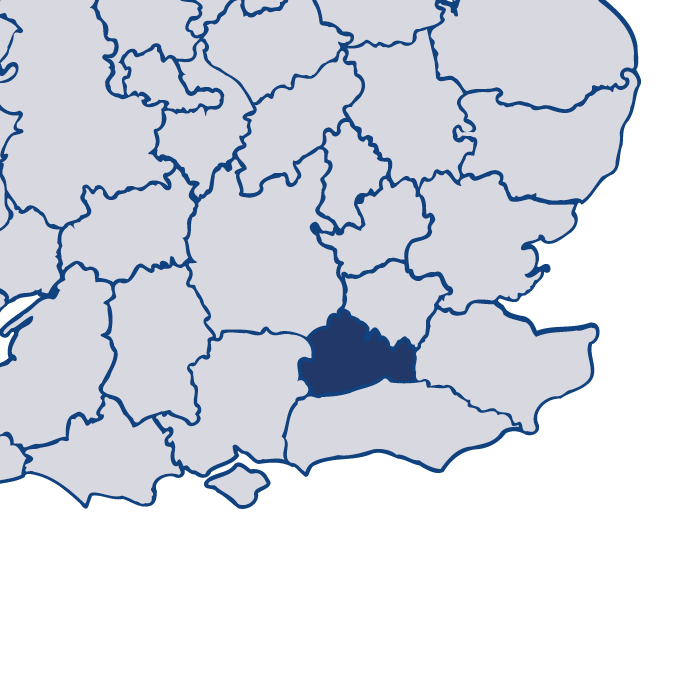Surrey 2017
Read more about SurreyThis is HMICFRS’ fourth PEEL (police effectiveness, efficiency and legitimacy) assessment of Surrey Police. PEEL is designed to give the public information about how their local police force is performing in several important areas, in a way that is comparable both across England and Wales, and year on year. The assessment is updated throughout the year with our inspection findings and reports.
The extent to which the force is effective at keeping people safe and reducing crime is good.
The extent to which the force is efficient at keeping people safe and reducing crime is good.
The extent to which the force is legitimate at keeping people safe and reducing crime is good.
HMI's observations
Read my assessment of Surrey Police below.
I am pleased with the performance of Surrey Police in keeping people safe and reducing crime. However, the force needs to improve in some areas to provide a consistently good service.
Since 2016 the force has made progress in the way it investigates crime, with the standard now consistently good. The force continues to provide a good service to vulnerable victims. It investigates and disrupts serious and organised crime well, working alongside Sussex Police to manage the most serious threats.
Surrey Police has a good understanding of current and future demand, and has effective plans, but it needs to develop a better understanding of the skills and capabilities of its workforce.
The force treats the people it serves with fairness and respect, and sets a clear expectation that its workforce will behave ethically and lawfully. It needs to do more to prioritise staff wellbeing and communicate with the workforce.
I commend Surrey Police for maintaining a good level of performance this year and am confident that it is well equipped to continue to demonstrate improvements.
Effectiveness
How effective is the force at keeping people safe and reducing crime?
Efficiency
How efficient is the force at keeping people safe and reducing crime?
Legitimacy
How legitimate is the force at keeping people safe and reducing crime?
Other inspections
How well has the force performed in our other inspections?
In addition to the three core PEEL pillars, HMICFRS carries out inspections of a wide range of policing activity throughout the year. Some of these are conducted alongside the PEEL inspections; others are joint inspections.
Findings from these inspections are published separately to the main PEEL reports, but are taken into account when producing the rounded assessment of each force's performance.






